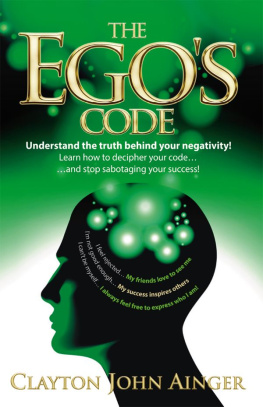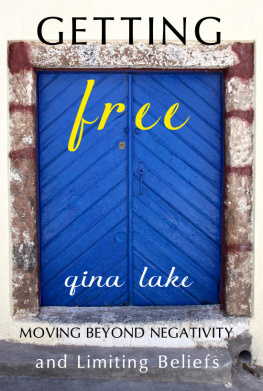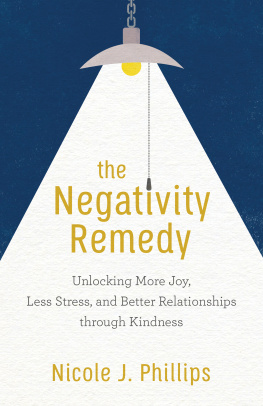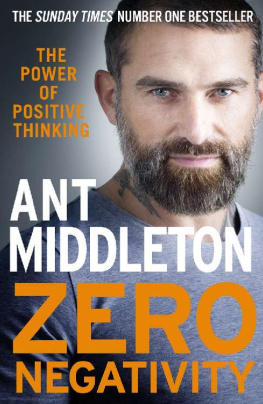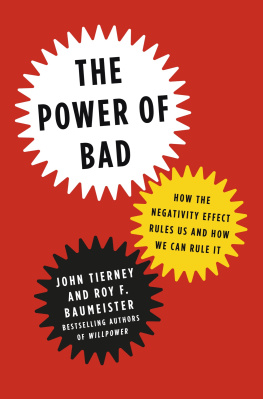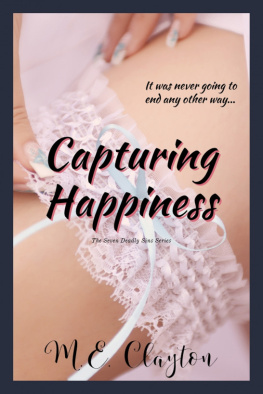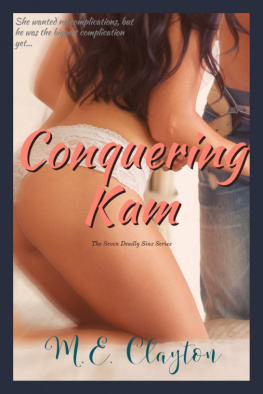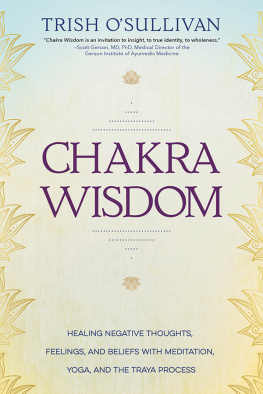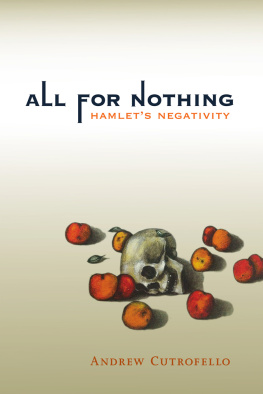
Appendices:
My Values Exercise
STEP 1
Write down 20 things that are important to you in your life e.g. family, friends, money, music, dancing, learning, etc.
Out of the above list, write down the first thing on your list in the box below e.g. family.
STEP 2: My feelings
In the box below, write down three positive feelings or emotions this thing enables you to feel and enjoy in your life.
STEP 3: What else is important to you?
From Step 1, write down the next four things in your life that are important to you. As for Step 2, write opposite three positive feelings or emotions these things enable you to enjoy in your life.
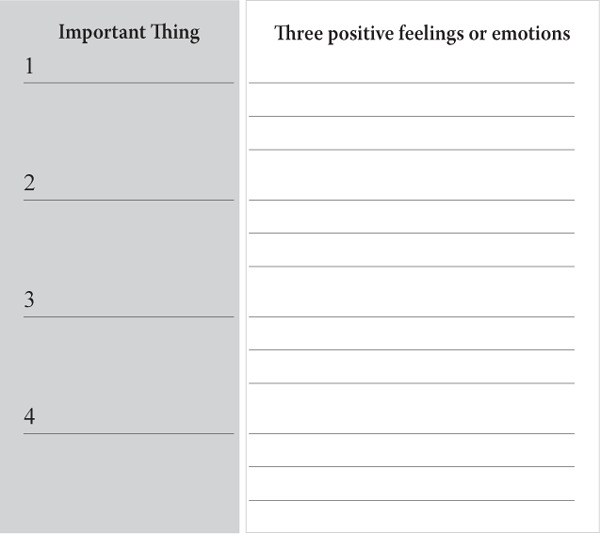
STEP 4: What else, what else, what else?
Using the remainder of the things that are important to you from Step 1, complete the table on the following page. Again, write down three feelings or emotions for each of the important things in your life. Its OK to repeat feelings for different, important aspects.
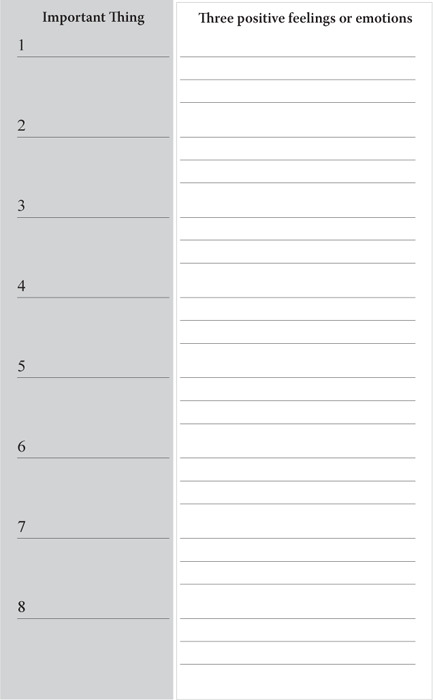
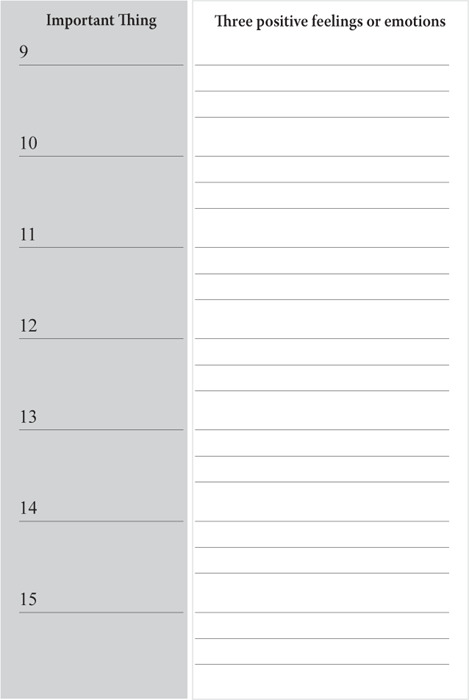
STEP 5: Review your values
For each feeling or emotion that you value from Steps 2, 3 and , write them down on a small piece of paper. ONE feeling or emotion per piece of paper and then put them into one pile. Take your pile of values and then sub-divide them into two piles:
MUST HAVES
I cannot and will not live without them in my life
NICE TO HAVES
Then place the Nice to Haves to one side. Please note, they are important to you, but they are not core to who you are.
STEP 6: My Value Groupings
In your Must Have values there may be values that mean similar things to you. Take your Must Have values and sort them in groups of similar values and then assign a Core Value to each group that would describe all the other values in that group. It is really important for you to split your values into between six and eight core groups to make it easier for you to work with them in your life. Then in the table below write your core values in the left hand column and in the central column list the values that are similar.
The next part of Step 7 is to prioritize your values. When you prioritize your core values, it is important for you to compare each value to each other. The way that you do this is as per the example below.
Here is the story I share with participants when I help them prioritize their values on my events. Imagine your six core values are love, integrity, growth, security, joy and freedom. Congratulations, you have won a vacation! You have packed two suitcases love and integrity. You get to the check-in desk at the airport, but you are told you can only take one case with you. Which is most important? Love or integrity? For the important core value you assign one point. Then you compare love to growth, love to security, love to joy and love to freedom assigning a point to the value you choose as the priority. This is love done.
You then move onto integrity. You compare integrity to growth, integrity to security, integrity to joy, and integrity to freedom, again assigning a point to the value that you choose as the priority.
After you have completed this for all your core values, you add up the scores and prioritize them at Step 7.
Core Value | Similar values in my group | Prioritization |
STEP 7: My prioritized values
Having sorted your values into their priority order, please record them in the table below with the most important ones first.
STEP 8: My behaviors for honoring my values
Repeat Exercise 3 on , which we covered in Part 1 for each of your core values. Please record as much behavior as possible that will ensure you live and honor your values every day with integrity! Set yourself up to WIN! The more you live your values the easier they will be, from being intellectually operational to instinctively natural and normal.
VALUE 1
VALUE 2
VALUE 3
VALUE 4
VALUE 5
VALUE 6
VALUE 7
VALUE 8

CLAYTON PLAYS many roles in his life, the most important to him is being a dad and husband.
Clayton is a very passionate individual. He is passionate about loving life and enjoying every aspect of it. His ethos in life is about making every person matter every time. This is why he is so passionate about people and helping them to embrace their individuality, and understand the power of doing what comes naturally and discover what truly makes their hearts sing!
Clayton and his wife Lindsay run a successful training and consultancy business working with people all over the world, from different walks of life. From once being a tax specialist Clayton is now a sought-after consultant and speaker on Why people dont do better, when they know better.
Clayton loves to be different, to challenge the status quo, and inspire the people and companies he works with to explore new ways of thinking, attitudes and behaviors, transforming lives and results for the long-term.
Clayton is also a spiritual teacher, psychic medium and shamanic healer. The Egos Code is a culmination of Claytons spiritual journey so far. This is his passion helping people, like you, to embrace your true self and supporting you in living what truly makes your heart sing!
How best to describe Clayton comes from the people who have worked with him.
A meeting with Clayton is like finding the right key to your inner self. It is said that Clarity is power so find your clarity and get the tools to connect with your self on a deeper level. Clayton has totally taken the mystical out of the spiritual for me. I enjoy the benefits every day. The peace and acceptance is making my every day a joyful one.
Next page
